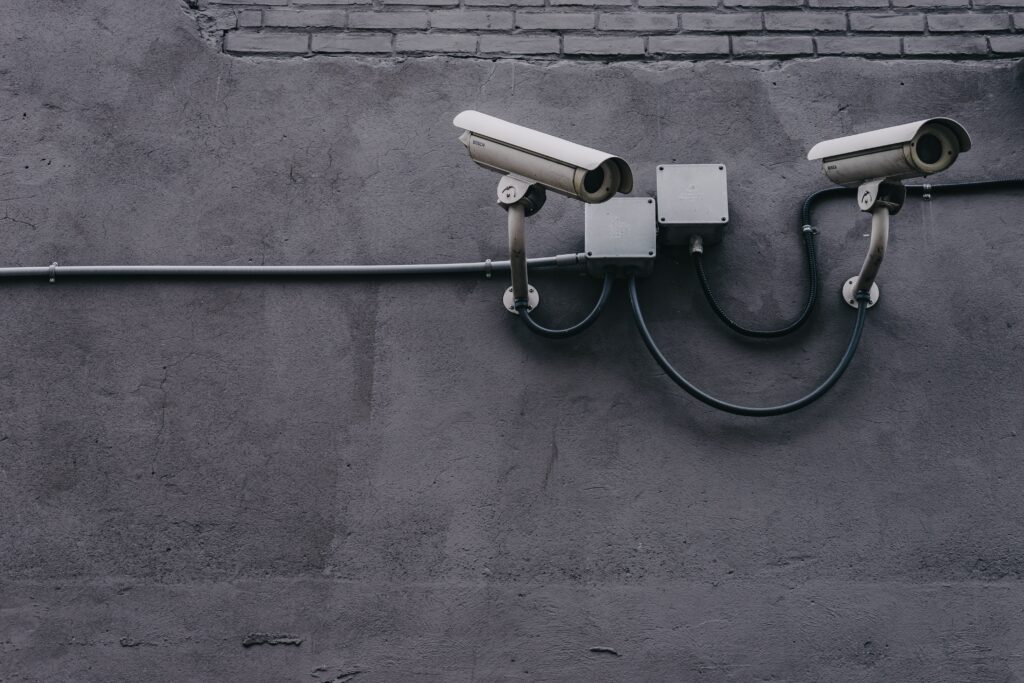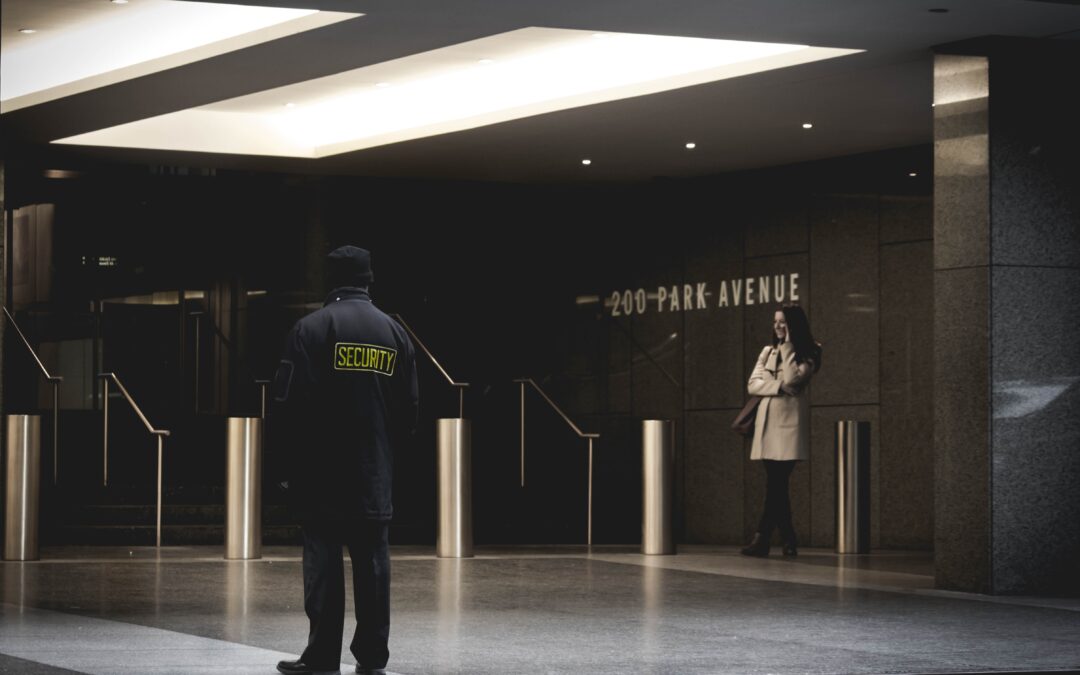For any kind of business, cutting costs and cutting corners is all a part of the game during the pursuit of profits. From cutting down on labor costs during off seasons to reducing the amount of effort it takes to create outputs from your inputs, everyone is always looking to cut costs and expend as little time and energy as possible during their everyday operations.
This applies doubly to following local guidelines and statutes, since regulations are often burdensome for companies in terms of costs, time, effort, or whatever mixture of the three local bureaucrats deem necessary for you to continue running. Some owners get in the habit of doing the bare minimum to comply with the law, trying to reduce the impact on their costs of doing business.
Certain regulations, however, necessitate a level of care and attention above the rest due to their impact on your business – sanitation, tax filing, and security being chief among them. Doing the bare minimum in the development of any of the three is bad for business, but a minimalistic security plan can cause future danger for not just your wallet, but your employees and customers’ health as well.
This applies doubly to businesses operating in spaces like cannabis delivery and distribution, who are well known to carry large amounts of both valuable product and cash on them at almost all times. In states that have legalized the sale and distribution of marijuana, a disturbing trend of increasing criminal activity targeting the industry has left many injured or killed. In Portland, Oregon, dispensary robberies doubled from 46 to just under 100 from 2019 to 2020.
The key to preventing further injury and criminal targeting is going above and beyond when it comes to security plans. A well-designed plan will not just give you the physical tools to prevent criminality, it will also provide training for your employees that might save their lives.

Poor Security Planning Means Poor Results
Security plans provide you and your establishment a wide range of protections and benefits, both obvious and not-so-obvious. On the obvious end, security plans provide physical safety for your product, your employees, your property, and your customers.
On the less obvious side, security plans provide a legal shield for you if something happens on premises during working hours. Anything from an accident requiring a trip to the hospital to a violent altercation with a criminal can result in not just bodily injury for those involved, but a hefty and potentially ruinous lawsuit for you.
Dispensaries and cannabis delivery companies have two major factors that compound their risk levels for business owners. The first has already been discussed – high value products and a large amount of cash on hand. The second is that most dispensaries tend to operate in deeply urban areas that are more prone to criminal activity – one just has to watch videos of smash-and-grabs happening in broad daylight in San Francisco to determine that a vehicle filled with valuable goods will draw the wrong kind of attention while rolling down the boulevard.
The more complete and high quality the security plan, the more you can point to during civil proceedings to prove that you did everything possible to account for security concerns. A plan that does just enough to pass inspection is more than likely filled with enough holes to sink you during a civil suit run by a competent lawyer.
Soldier’s Saying: More Sweat on the Training Field Means Less Blood on the Battlefield
If you remember school, you probably remember the emergency drills done every couple of months or so. Students would hide under their desks and then walk in an orderly fashion out to their assigned spots out on school grounds, awaiting their next orders.
Drills like these have no doubt saved quite a few people over the years, and it all comes down to the same principles: if people have a behavior to fall back on during an emergency, it will prevent them from panicking or freezing up. The less panicked the response, the more likely everyone will walk away from a situation unharmed.
Both brick-and-mortar employees and delivery drivers are at high risk of robbery, which means both need to be trained for the very different but equally dangerous altercations that they are likely to encounter. Security guards, both armed and unarmed, similarly need to be trained for dealing with encounters on the road and within the store to best mitigate the risk faced by themselves, other employees, the robber themselves, and any innocent pacers-by.
Giving your employees proper training for handling different kinds of situations and emergencies can mean the difference between them getting injured (or worse), or coming out the other side of it unscathed. Good training comes from solid security plans that map out what to do during a number of different emergencies, which bare minimum plans simply do not account for.


Recent Comments